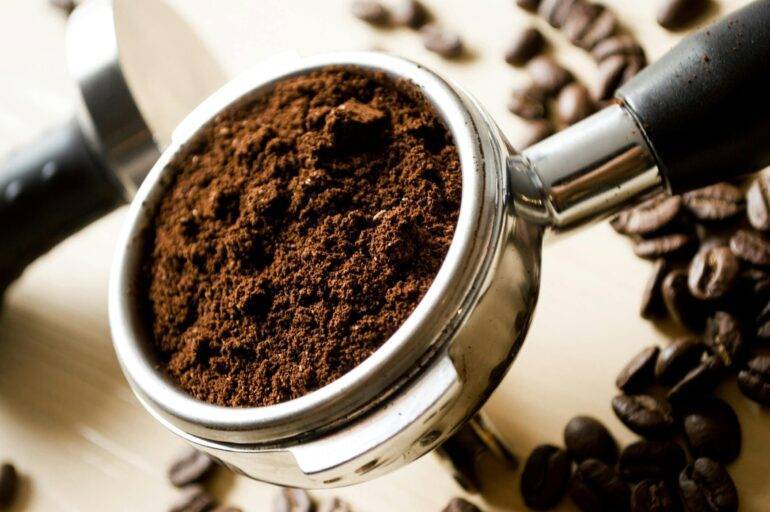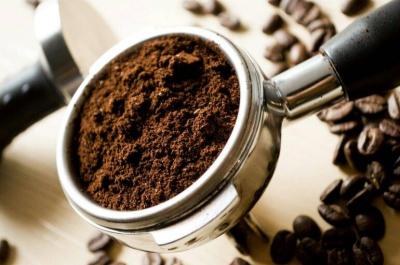Every year, the world produces an astonishing 10 billion kilograms of coffee waste, most of which ends up in landfills. Greenhouse gases, according to a report by "Science Alert" citing the journal "Cleaner Production," explained by researcher Rajiv Ruichand from RMIT (Royal Melbourne Institute of Technology), that "the disposal of organic waste poses an environmental challenge as it emits substantial amounts of greenhouse gases including methane and carbon dioxide, which contribute to climate change."
With the booming global construction market, there is also an increasing demand for resource-intensive concrete, which creates another set of environmental challenges. Researcher Ji Li from RMIT stated that "the continued extraction of natural sand worldwide—often taken from riverbeds and banks—to meet the rapidly increasing demand in the construction industry has significant environmental impacts." He added that "there are critical, long-term challenges in maintaining a sustainable supply of sand due to the limited nature of resources and the environmental effects of sand extraction. Through a circular economy approach, organic waste can be kept out of landfills and natural resources like sand can be managed better."
Thermal decomposition cannot directly add organic products like ground coffee to concrete as they leach chemicals that weaken construction materials. Thus, using low energy levels, the research team heated coffee waste to over 350 degrees Celsius in an oxygen-deprived environment, a process known as pyrolysis. Pyrolysis helps break down organic molecules, resulting in the production of a porous, carbon-rich material called biochar, which can bond with the cement matrix and thus incorporate itself into it.
Hybrid Coffee Cement
Ruichand and his colleagues also attempted to use coffee residues through pyrolysis at a temperature of 500 degrees Celsius, but the resulting biochar particles were not as strong. The researchers warned that they still need to assess the long-term durability of their cement product. They are currently testing how hybrid coffee cement performs under freeze/thaw cycles, water absorption, abrasions, and other stressors.
Biochar
The research team is also working on producing biochar from other organic waste sources, including wood, food waste, and agricultural waste. Shannon Kilmartin Lynch, one of the co-researchers from RMIT, stated that "the research is in its early stages, but these exciting results offer an innovative way to significantly reduce the amount of organic waste going to landfills."




